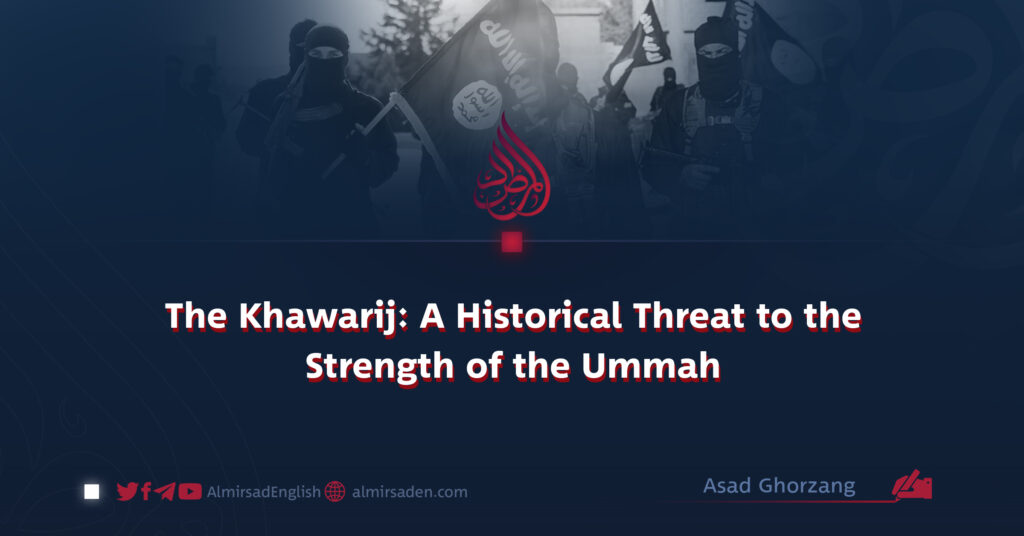Author: Asad Ghorzang
The Kharijites have consistently launched destructive attacks against the core of the Islamic Ummah — its religious and ideological unity, solidarity, and advancement. Throughout history, their extremism and inflexible attitudes have inflicted significant damage upon the Ummah, resulting in political, religious, and social ramifications.
Their extremist ideology and actions not only destabilized political structures but also exacerbated divisions and conflicts among Muslims. Some of the key implications of their actions are outlined as follows:
1. Extremism and Inflexibility
The Kharijites exhibited extreme rigidity in matters of faith, viewing any mistake or transgression as a form of disbelief and apostasy. They branded those Muslims who held differing views as enemies of the faith, advocating for their execution. This extremist mindset strayed from the principles of mercy and moderation in Islam, leading to the unnecessary loss of innocent lives.
2. Division and Discord Among Muslims
Through their militant ideologies and radical behaviors, the Kharijites sowed seeds of discord among Muslims, sparking disunity. They became a catalyst for unrest and turmoil within society, resulting in internal conflicts and bloodshed among Muslims.
3. Weakening of Islamic Governance
The Kharijites rebelled against legitimate rulers and engaged in armed conflicts. Notably, during the caliphate of Hazrat Ali (RA), they seceded from the established government and formed independent factions. Such uprisings served to undermine Islamic governance, leading to internal instability.
4. Takfir and the Persecution of Muslims
The Kharijites easily denounced those who held differing beliefs or political stances as non-believers. Justifying the shedding of Muslim blood based on these excommunications, they waged wars and perpetrated violence against innocent believers. This practice fostered disharmony and conflict within Islamic society.
5. Tarnishing Islam’s Reputation
The extremism and violent actions of the Kharijites marred Islam’s compassionate and benevolent image. Their acts of aggression and bloodshed led to misconceptions about Islam, associating the faith with violence and extremism, thereby spreading misinformation among Muslims.
6. Political Turmoil
During the Abbasid and Umayyad caliphates, the Kharijites initiated rebellions and armed conflicts in various regions. They launched armed uprisings against the government in Iraq, Iran, North Africa, and Arabia, disrupting the political stability of the Islamic caliphate. These revolts weakened the caliphate’s authority and created vulnerabilities for external adversaries.
Conclusion
The Kharijites posed serious obstacles to the historical progress of the Islamic Ummah. Their extremism and rigidity had long-lasting negative effects on the history of the Islamic world. By dividing Muslims and destabilizing governments, they internally weakened the Ummah, leaving a legacy of harm that serves as a cautionary tale in Islamic history.
